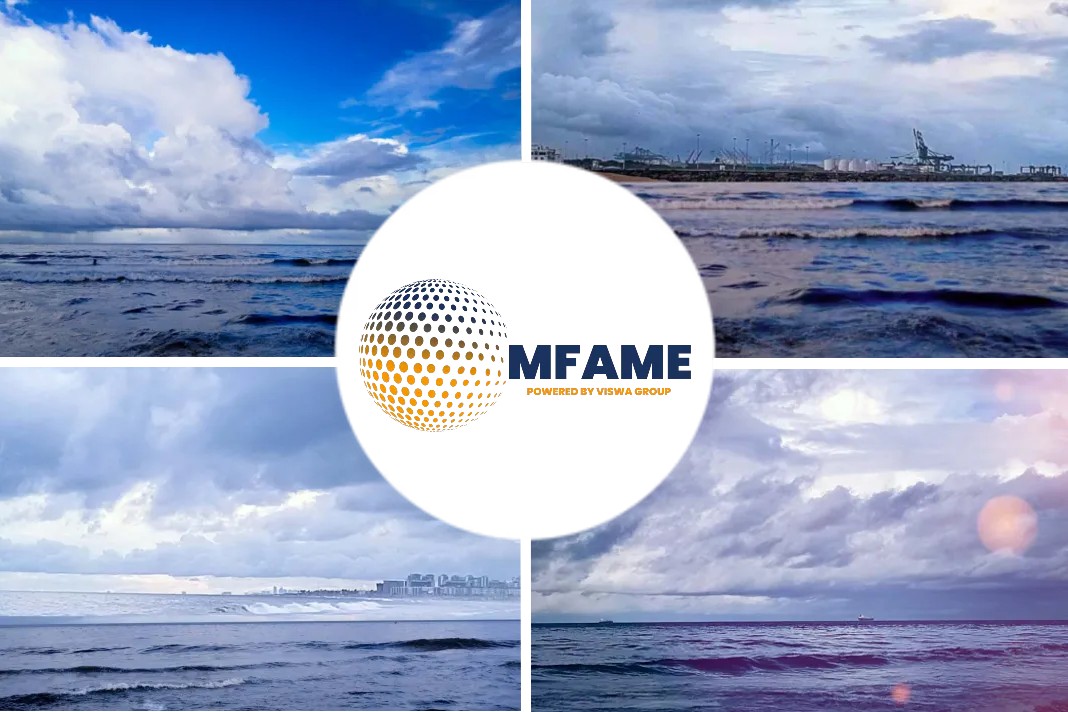North P&I Club has updated its guidance on the 2020 Sulphur Cap for Members, helping them prepare for the big switch to compliance on 1st January 2020, says an article published in Ship Management International.
The three new guides for compliance
Following on from a comprehensive programme of events, training sessions and publications which have been rolled out over the past 12 months, North’s Members now have access to three new guides to ensure safe and compliant operations.
The three guides cover the three main methods of achieving compliance:
- using distillates (MGO/MDO),
- using blended very-low-sulphur fuel oils (VLSFO) or
- installing exhaust gas cleaning systems (scrubbers).
North has looked at the importance of good planning, the risks associated with each option and contingencies in the event of non-compliance. It isn’t just technical but enforcement and contractual risks are also considered.
A comment on suitable transition
Tiejha Smyth, Deputy Director (FD&D) at North commented on the importance of suitable transition clauses in the time charterparty to allow for a smooth transition.
She said, “It’s vital to make sure that the technical objectives of the transition plan are reflected in the charterparty. For vessels fitted with scrubbers, there will be additional considerations.”
Tank cleaning to achieve compliance
The guides also look at some of the challenges in getting ready to receive compliant fuels. Mark Smith, Loss Prevention Executive said, “Proper planning is key, but when it comes to the switchover, it’s important to do it safe and do it right”. Tank cleaning is likely to be needed and this might mean multiple tank entries.
He also said that too many people die in enclosed or confined spaces. According to him, tank cleaning operations must be subject to a risk assessment and a permit-to-work system.
If the tank and fuel system is not properly cleaned, it could contaminate several hundreds of tons of subsequently bunkered expensive fuel. It could also result in enforcement action, delays and disputes.
Did you subscribe to our daily newsletter?
It’s Free! Click here to Subscribe!
Source: Shipmanagementinternational


















